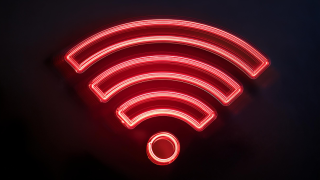The heated battle for 2G spectrum in India has taken a new turn. Eleven mobile operators were affected by the Indian Supreme Court’s verdict earlier this month, which ordered that 122 2G licences awarded in 2008 should be revoked.
These operators, which include Uninor, Videocom, Sistema and Etisalat DB, have joined together to argue that the first round of the upcoming auctions should only be open to those who lost spectrum in the court decision, as well as other new entrants to the Indian telecoms market.
They have also asked the Indian regulator TRAI to maintain the price at Rs 1,658 crore for 6.2MHz, which was the last auction-determined price for spectrum in the 1800MHz band, in order to promote competition and create a level playing field for new operators. This price was fixed in 2001, however.
STel, another operator to have lost spectrum in the supreme court decision, laid out its views to TRAI: “The operator’s whose licences have been revoked by the supreme court shall have the right to bid for at least two slots of 4.4 MHz spectrum per service area, reserved for them in the proposed auction.”
They argue that incumbents that had not participated in the 2008 auction should only be allowed to participate in the second phase of the auctions.
However, reports suggest that major Indian operators, including Vodafone Essar, Aircel and Bharti Airtel, are preparing to participate in the new spectrum auction.
The recent Supreme Court decision has caused significant turmoil in the Indian mobile market. The Bahraini operator Batelco has already sold out of its joint venture with STel to entirely pull out of the Indian market; while Norway’s Telenor has announced that it was breaking off its relations with Unitech and seeking a new partner in the Indian market.




